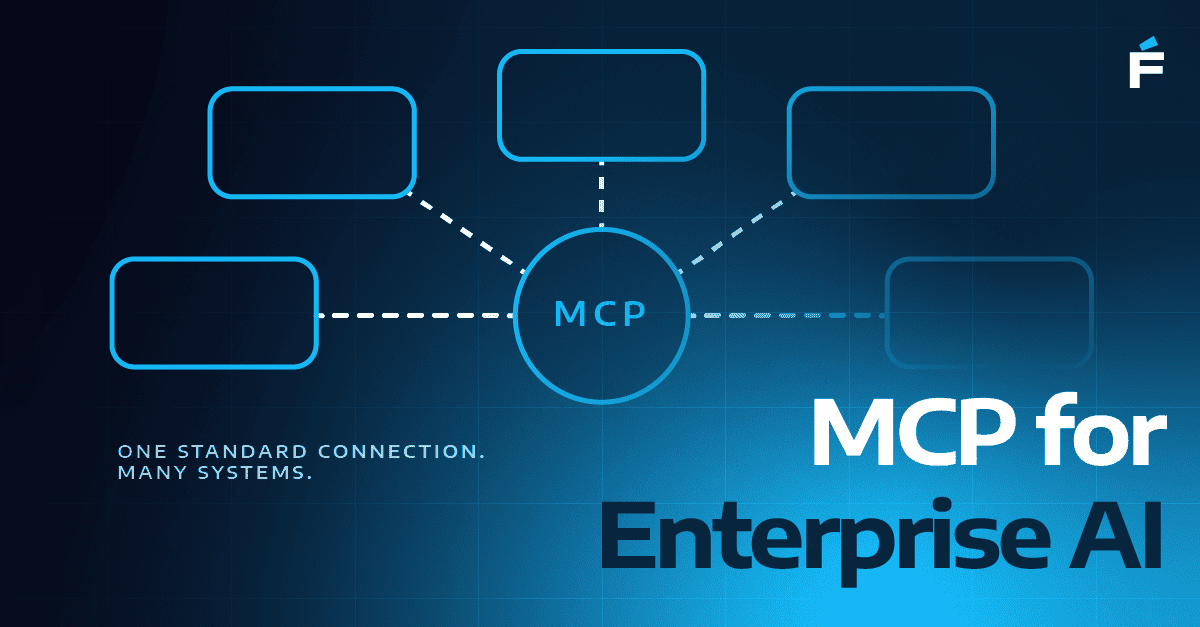As companies increasingly rely on complex software, demand grows for development platforms that are both scalable and reliable. This is where platform engineering comes into play.
The Role of Platform Engineering
Platform engineering is focused on building and maintaining the essential infrastructure and tools that enable developers to efficiently deliver high-quality software. Its main goal is to provide a stable, scalable environment that boosts team productivity and accelerates the software delivery process.
.png?width=1600&height=700&name=TheImportanceOfPlatformEngineering_Graphic1%20(1).png) As enterprises grow, infrastructure becomes more complex, which brings numerous challenges:
As enterprises grow, infrastructure becomes more complex, which brings numerous challenges:
- Managing infrastructure complexity: As applications expand and diversify, so does the infrastructure that supports them. Platform engineering teams must ensure that this infrastructure remains robust, flexible, and easy to manage.
- Ensuring security and compliance: The rise in cyber threats and the increasing complexity of regulatory requirements mean that platform engineering teams must constantly work to ensure that all development activities are secure and compliant with industry standards.
- Maintaining high availability and performance: Downtime can lead to significant business losses, and poor performance can drive users away. Platform engineers must ensure that systems are highly available, resilient, and performant, often under varying and unpredictable loads.
- Supporting diverse development needs: Different development teams often have unique requirements, from specific programming languages to particular tools or frameworks. Platform engineering must balance these needs while maintaining a unified and cohesive infrastructure that serves the broader organization.
The Importance of an Internal Development Platform (IDP)
Many organizations are turning to Internal Development Platforms (IDPs) to manage these issues. An IDP is a self-service layer that abstracts away the underlying complexity of infrastructure, providing developers with a streamlined, standardized interface to access the resources they need.

With an IDP, organizations gain:
- Enhanced developer productivity: An IDP reduces the cognitive load on developers, by automating workflows and providing a unified interface. This means developers can focus more on writing code and less on managing infrastructure, leading to faster development cycles and higher-quality software.
- Consistency and standardization: An IDP enforces best practices and standard configurations across all teams. This consistency not only reduces errors but also ensures that all software is built and deployed following the same guidelines, boosting overall system reliability.
- Scalability: As organizations grow, an IDP makes it easier to scale development efforts across multiple teams and projects. Because it provides a common platform, it allows for seamless collaboration and more efficient resource management.
- Faster time-to-market: With ready-to-use environments and tools, an IDP accelerates the entire development lifecycle. Teams can move from idea to deployment faster, giving businesses a competitive edge.
The foundation: A strong DevOps philosophy
Before any organization considers forming a platform engineering team, it’s crucial to have a solid DevOps philosophy and processes in place. DevOps isn’t just a set of tools or practices, but a cultural shift that breaks down silos between development and operations teams, allowing for collaboration and continuous improvement.

What are the main benefits of having a strong DevOps philosophy?
- Culture of collaboration: DevOps promotes a culture where development and operations teams work together. This is essential for platform engineering, as it ensures that the platform is built with the needs of both developers and operators in mind.
- Automation: Automating repetitive tasks is a cornerstone of DevOps. This not only increases efficiency but also reduces human error, making the development process more reliable. Platform engineering can leverage this automation to create more efficient IDPs.
- Continuous Integration/Continuous Deployment (CI/CD): CI/CD ensures that code is always in a deployable state and can be delivered quickly. A mature CI/CD process is the foundation for any platform engineering effort, as it ensures that the platform can support rapid development and deployment cycles.
- Monitoring and feedback: Continuous monitoring of applications and infrastructure provides essential feedback for improvement. This feedback loop is crucial for platform engineering, as it helps identify areas where the platform can be enhanced to better meet the needs of developers.
Why DevOps is a prerequisite for platform engineering
A solid DevOps foundation is vital for successful platform engineering because:
- It provides cultural alignment: Without it, platform engineering efforts are likely to face resistance and may struggle to deliver value.
- It ensures process maturity: A mature DevOps process means that foundational practices, such as CI/CD and infrastructure as code, are already in place. Platform engineering can build on these practices, rather than starting from scratch, leading to faster and more effective platform development.
- It brings essential tooling and automation: DevOps introduces critical tools and automation practices that platform engineering teams can leverage. These tools form the backbone of any IDP, enabling the platform to be more efficient and scalable.
Conclusion
Platform engineering is critical in enabling organizations to scale their software development efforts efficiently and effectively.
An Internal Development Platform (IDP) can significantly enhance developer productivity, ensure consistency, and accelerate time-to-market.
However, its success depends on a strong DevOps foundation. Without a solid DevOps culture and processes in place, forming a platform engineering team would be premature.
Organizations should first evaluate and strengthen their DevOps maturity before embarking on platform engineering initiatives to fully realize the benefits of an IDP.
Ready to begin your platform engineering journey? Make sure to evaluate your current DevOps practices and maturity level first. Strengthen this foundation, and it will pave the way for successful platform engineering initiatives that will drive your organization’s growth and innovation.

.png)



